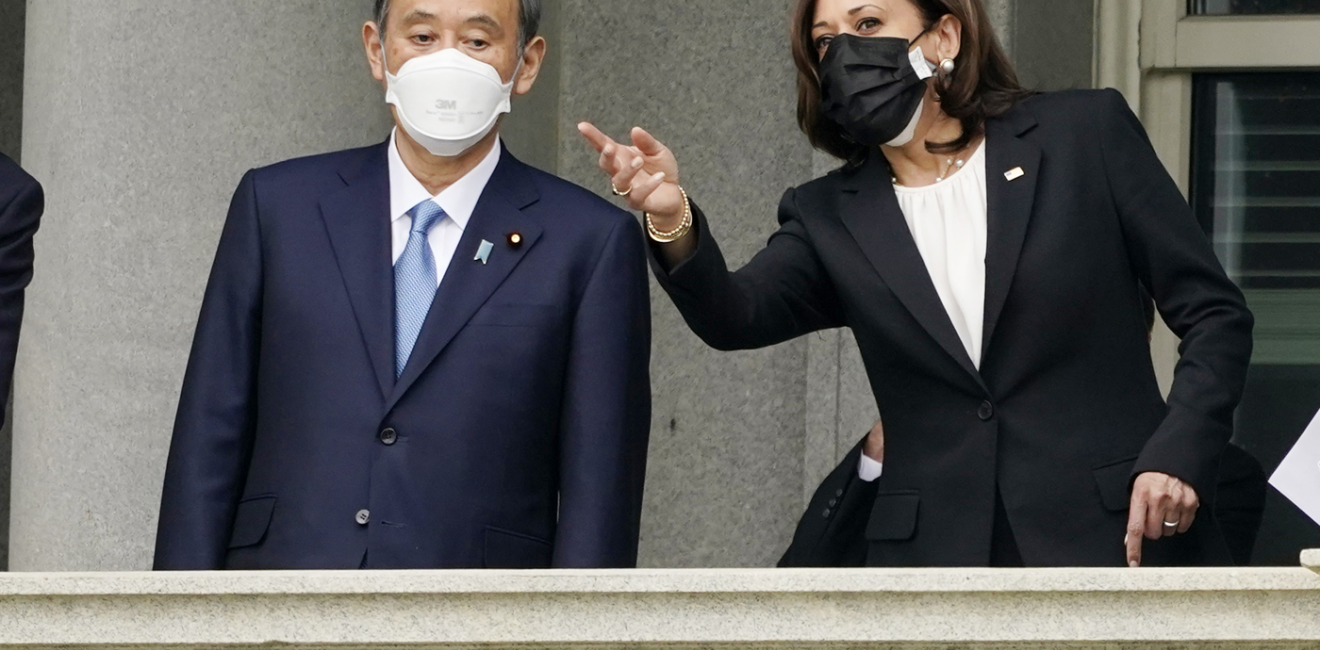Japanese PM Suga to Step Down
Analysis from the Asia Program's Shihoko Goto, Deputy Director for Geoeconomics and Senior Associate for Northeast Asia.
Analysis from the Asia Program's Shihoko Goto, Deputy Director for Geoeconomics and Senior Associate for Northeast Asia.

“Japanese Prime Minister Yoshihide Suga’s decision not to run for the ruling Liberal Democratic Party’s leadership race is hardly surprising. The odds against him winning were high, given his abysmal performance in public opinion polls. Suga’s inability to keep covid’s spread in check and Japan’s delay in vaccinating the population shook public confidence in his leadership. Coupled with the fact that Suga placed political and economic interests ahead of science and health concerns in Japan’s decision to host the Tokyo Olympics this summer, Suga had become a liability to the LDP and effectively personified what indecisive political leadership could result in.
That said, it is unlikely that the LDP will lose the upcoming lower house elections in autumn. It will likely lose seats, but its grasp in the Diet is expected to remain. So the race to elect Suga’s successor as the LDP head will effectively be the election of Japan’s new prime minister. Among a number of potential candidates include former defense and foreign minister Taro Kono, who is currently the country’s vaccination tsar. Kono is a familiar face among Washington’s policy elite and would be able to work on strengthening US-Japan relations from day one. The challenge, though, will be his ability to garner enough support with his own party which often views him as a maverick.
What the United States needs now is a Japan that is politically stable and a Japan that can be a strong ally in the growing tide to push back against Chinese aggression. The party infighting, however, will make it challenging for Japan to focus on and implement a longer-term vision that will not only allow the country to emerge from the disruptions caused by the pandemic, but also develop a roadmap that would allow Japan to play a key role in ensuring regional stability.
Concerns about yet another period of a revolving door of prime ministers are on the rise. The good news is that Suga was never expected to be more than a caretaker premier, as he stepped in to replace Shinzo Abe who had resigned abruptly after being Japan’s longest-serving prime minister. The challenge now is to ensure that the new leader has not only the support of the LDP, but also the support of voters and can outline an ambitious roadmap for Japan’s future at a time of seismic change in the regional order. Japan can and should play a bigger role as a stabilizing force across the Indo-Pacific and beyond, but that can only be possible through stability at home.”


The Indo-Pacific Program promotes policy debate and intellectual discussions on US interests in the Asia-Pacific as well as political, economic, security, and social issues relating to the world’s most populous and economically dynamic region. Read more



